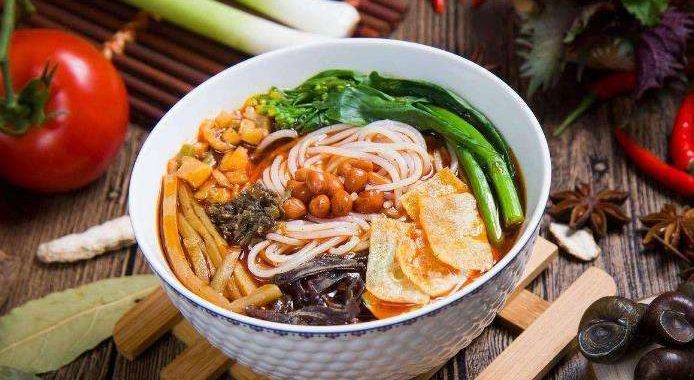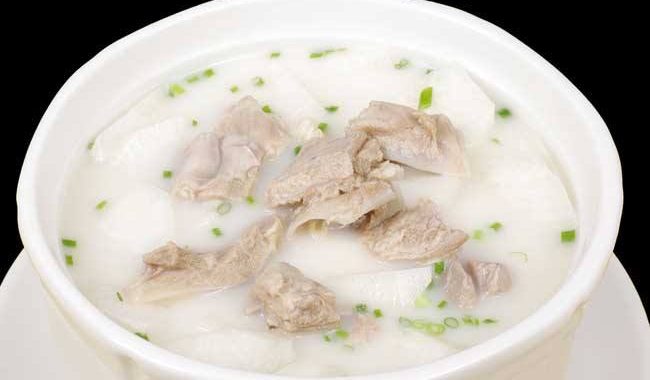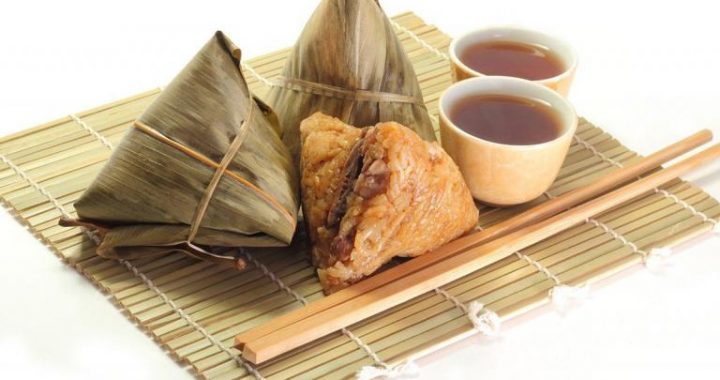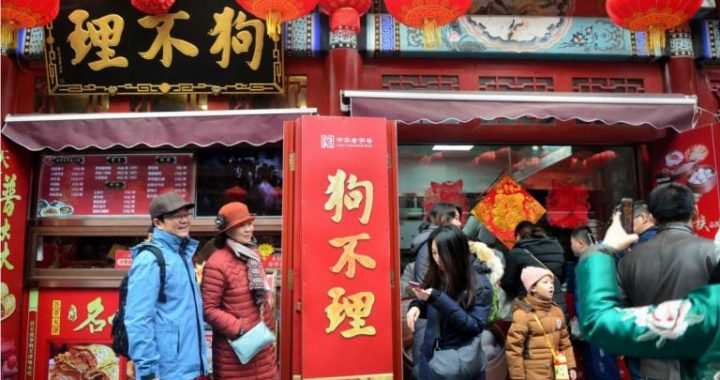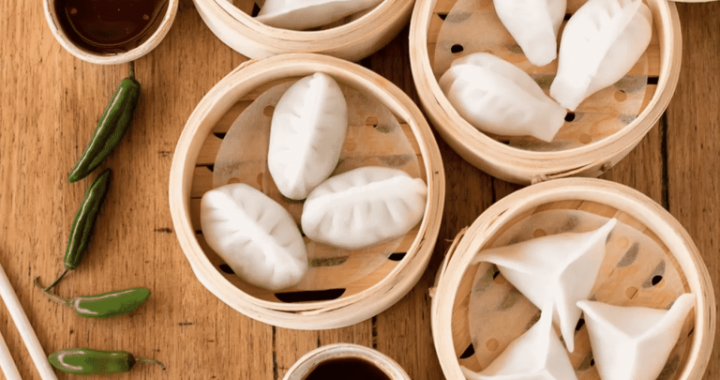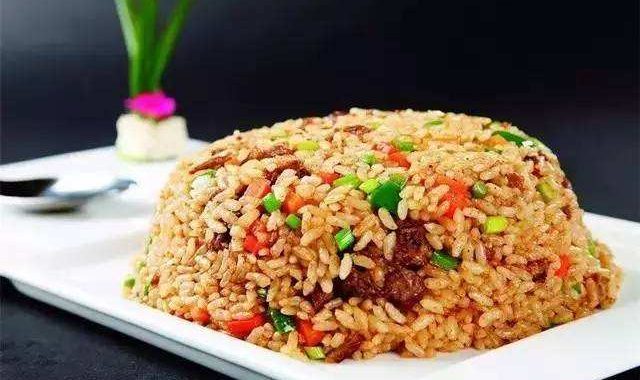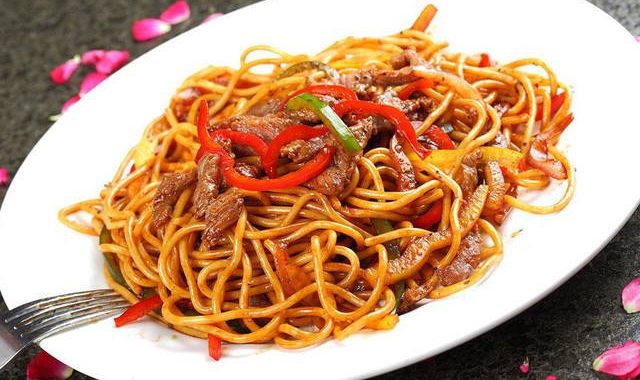The Principles of Seasoning
1 min readMarinating the raw ingredient with basic seasonings (salt, pepper, sugar, soy sauce, vinegar, wine, oil, cornflour, etc) creates a basic flavour for the dish, or diffuses certain strong flavour in the ingredient.

Seasonings added to the ingredients during cooking enhance the flavour of the food.
After cooking, supplementary seasoning added to the dish in the form of garnishes (sesame oil, spring onions, coriander, etc) further enhances the appearance and flavour of the dish. Also in certain cooking methods, such as deep-frying, steaming, rapid-boiling (poaching) or blanching, etc, seasonings cannot be added during cooking, therefore seasonings in the form of dips or garnishes can make up for any flavour deficiency.

Other points to remember are:
Balance: you should take note of what is the correct flavour of the dish. If it calls for several different spices or seasonings, make the leading flavour stand out.
The nature of the ingredient: fresh foods should not be seasoned too highly, or their original delicacy will be lost. Food that has a strong flavour can be highly seasoned in order to reduce or eliminate the strong flavour.The climate: people’s taste changes with the seasons – generally they like light food during hot seasons; and heavier, rich food in colder and milder seasons.

